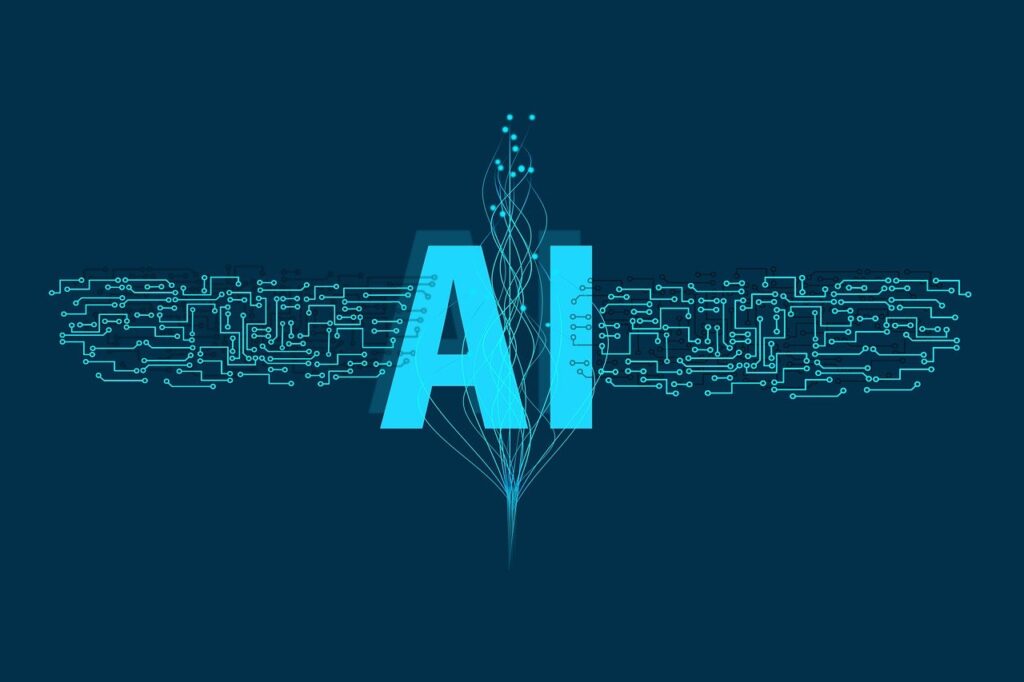How AI Is Reshaping Small Business Operations in 2025

In 2025, artificial intelligence isn’t just a buzzword—it’s the new backbone of small business innovation. Once reserved for tech giants, has now become accessible, affordable, and indispensable for even the smallest shop. From automating difficult tasks to personalizing customer experiences, AI is enabling small businesses to create innovative strategies, grow faster, and provide the best services to their consumers.
Why are Businesses Adopting AI As a First Business Model
Small businesses are adopting “AI-first” strategies that integrate machine learning and automation from the lower level to the higher level. This approach transforms every aspect of the business:
Availability of Different Types of Products
- Customer service chatbots: They can handle 24/7 inquiries without burnout.
- AI-powered CRMs: They can predict customer behaviors and help to optimize retention strategies.
Automated accounting tools: They can drastically reduce the time spent on bookkeeping. - These aren’t just tools—they’re strategic game-changers.
AI Helps in Making Smarter Decisions with Predictive Analytics
Gone are the days when business owners make strategic decisions based on their gut feelings. AI can analyze real-time data and reveal patterns that humans might miss.
- Forecast demand and inventory needs.
- Identify trends in customer feedback.
- Optimize marketing campaigns by targeting audiences more effectively.
Related Article: Importance of Online Marketing Tools for Small Businesses
Automation of Repetitive Tasks
One of AI’s biggest advantages to businesses is process time reduction.
- Invoicing, payroll, and scheduling can now run automatically.
- AI virtual assistants manage calendars, organize tasks, and send reminders.
- Inventory management tools keep stock levels in check and reorder automatically.
Now, businesses can spend more time on strategy—and fewer hours in spreadsheets.
Personalized Customer Experiences
With AI, businesses can engage customers like never before.
- AI recommendation engines suggest products based on browsing behavior.
- Sentiment analysis decodes how customers feel about your brand in real-time.
- This helps businesses to provide satisfaction to their customers and ultimately get repeat business.
Easy to Use:
- The rise of low-code/no-code platforms in 2025 means businesses don’t need a tech team to implement AI:
- Services like Microsoft Power Platform, Shopify’s AI features, and ChatGPT plug-ins let owners drag, drop, and deploy.
- Pre-trained AI models are available off-the-shelf with no coding required.
This levels the playing field dramatically between SMBs (Small and Medium-Sized Businesses) and big brands.
Final Thoughts
In 2025, the AI revolution is no longer a difficult concept—it’s a strategic imperative, especially for small and medium-sized businesses. By implementing AI-first models, SMBs are not only boosting productivity and efficiency, but also gaining an edge in personalization, decision-making, and customer satisfaction. Whether it’s through predictive analytics, task automation, or low-code solutions, AI is redefining what’s possible. The businesses that thrive in this era won’t just use AI—they’ll build with it at their core.
FAQs
Q1: Do I need coding skills to integrate AI into my business?
No. Many platforms now offer no-code or low-code interfaces, making AI adoption accessible for non-technical users.
Q2: Can AI really help with customer service?
Absolutely. AI chatbots and voice assistants are handling basic inquiries, booking appointments, and even resolving complaints with natural language.
Q3: Is AI expensive for small businesses?
Not anymore. Cloud-based AI tools offer flexible pricing and even free tiers. Plus, the return on investment—through saved time and increased efficiency—can be massive.
Q5: What’s the first step to implementing AI?
Identify the pain points in your business—tasks that are repetitive, time-consuming, or data-heavy. Then explore AI tools designed for those specific areas.






